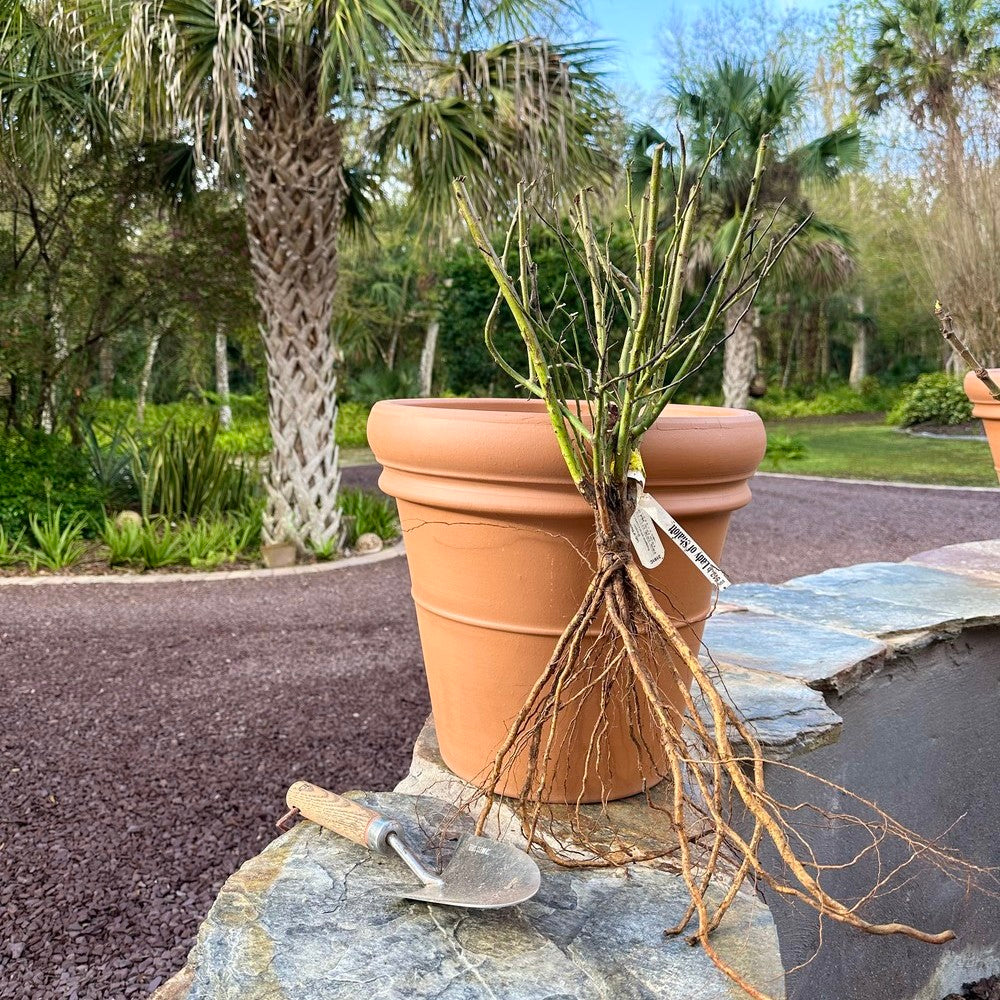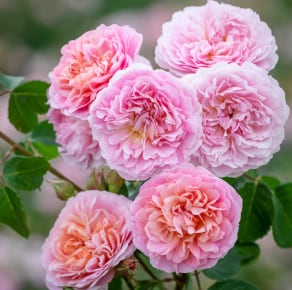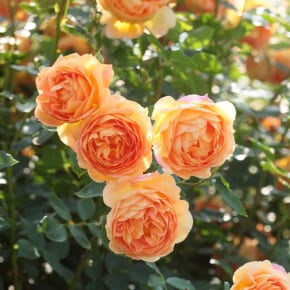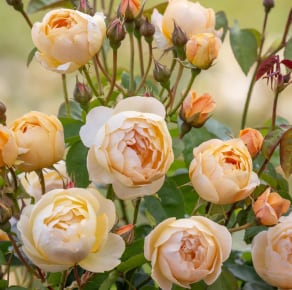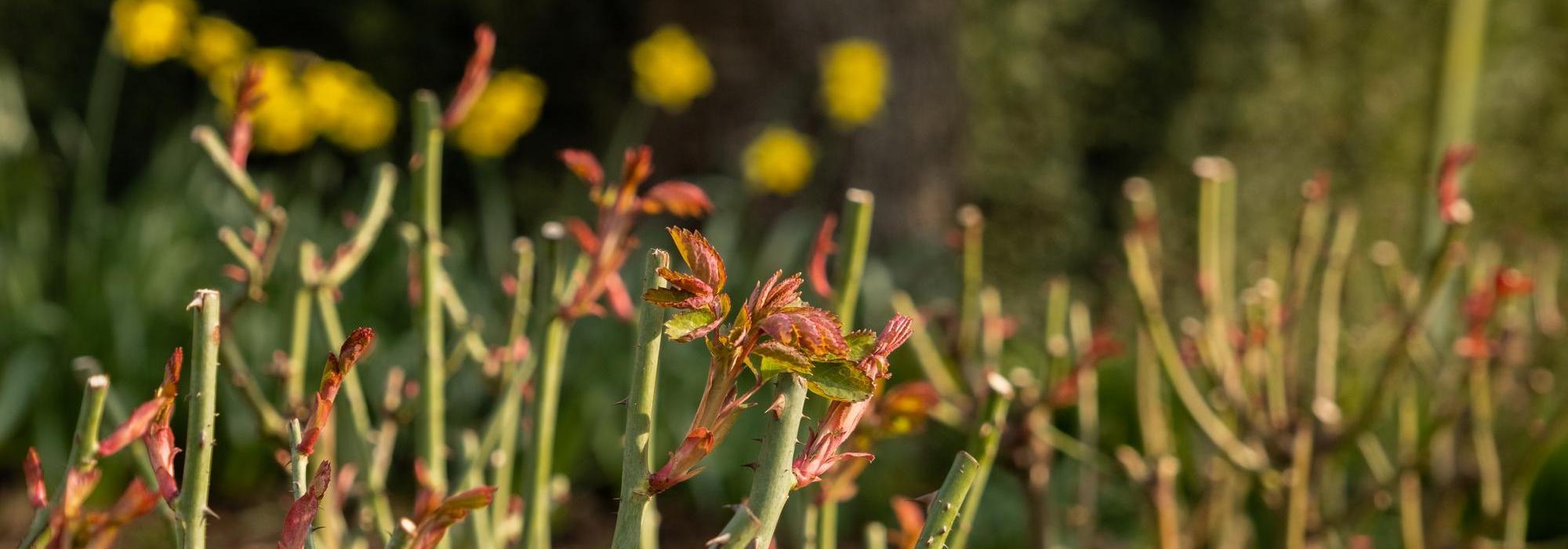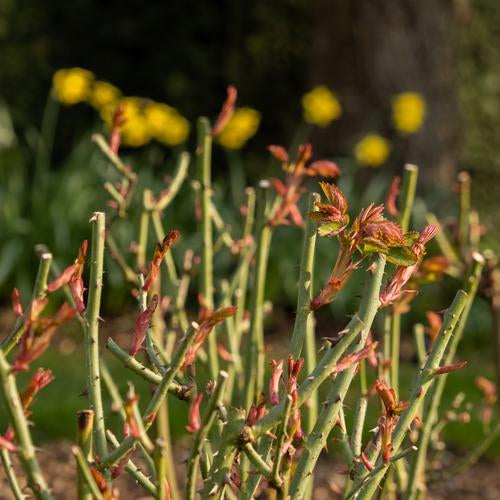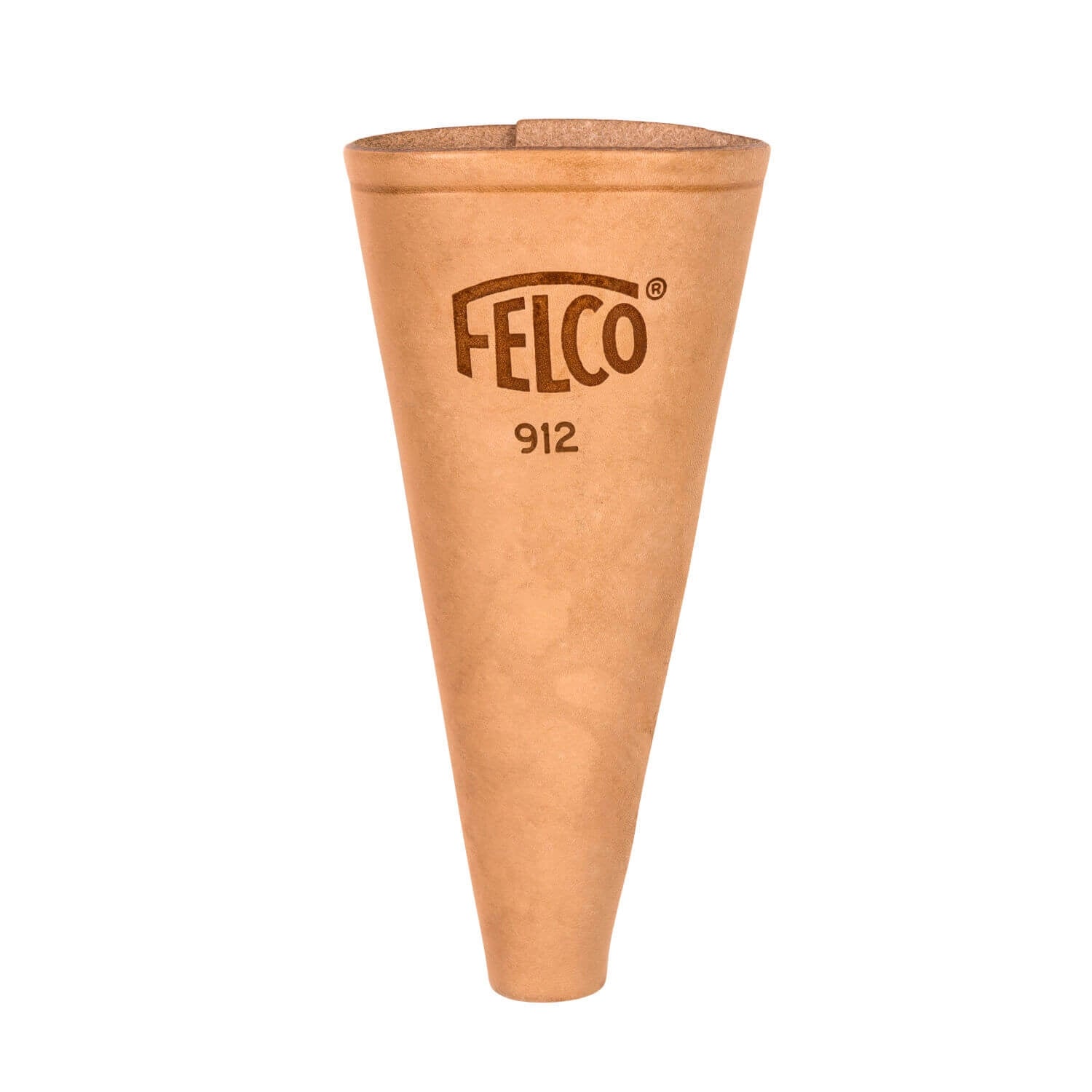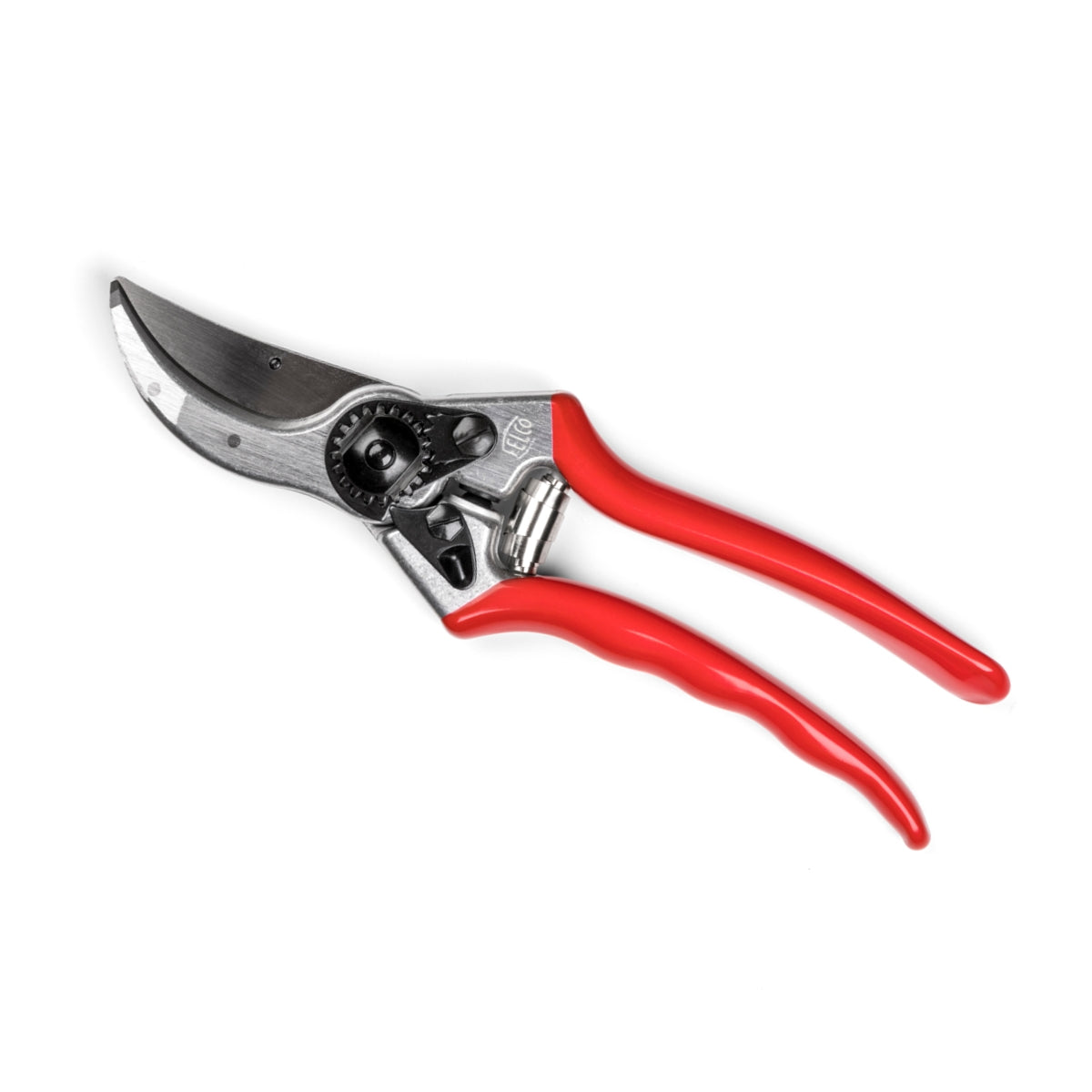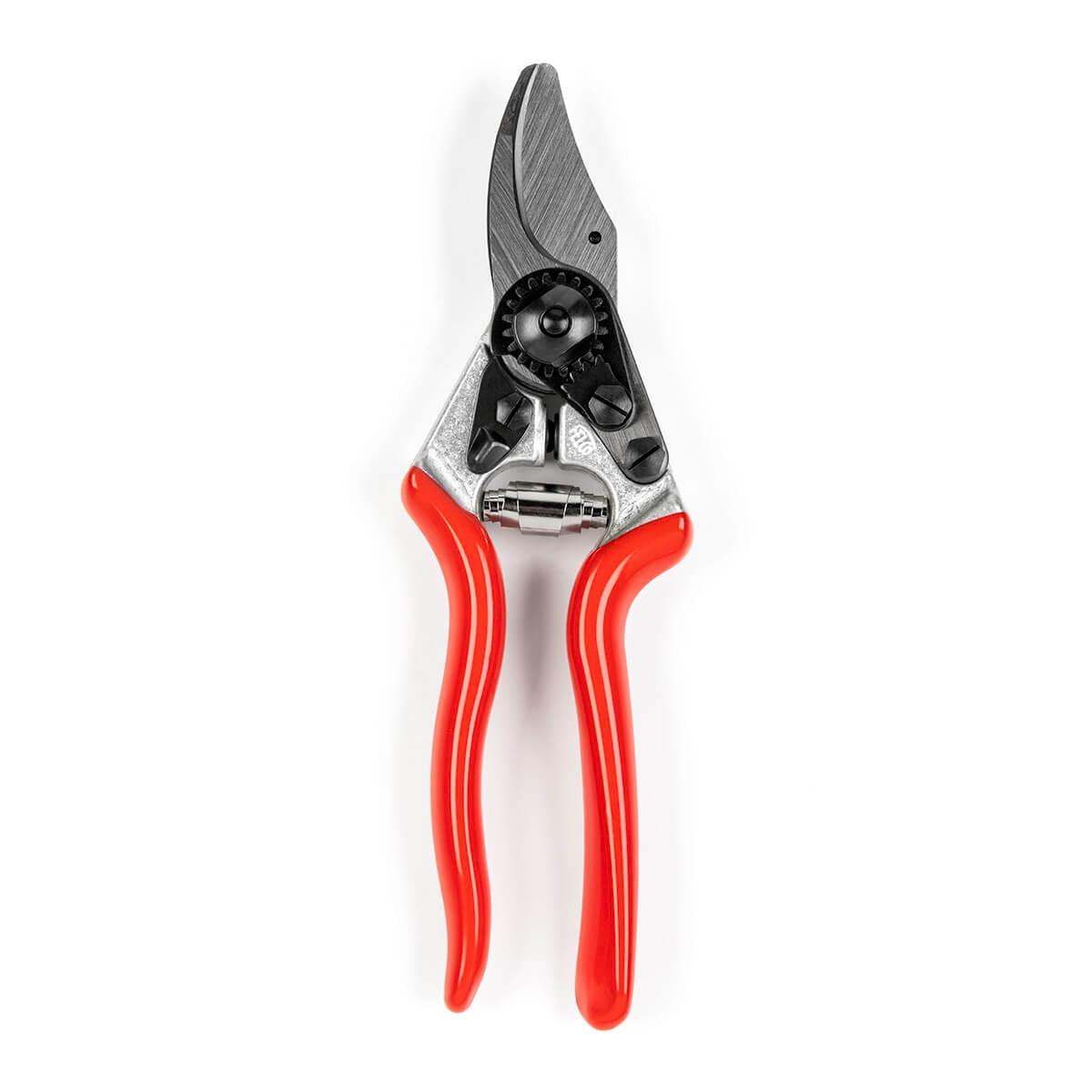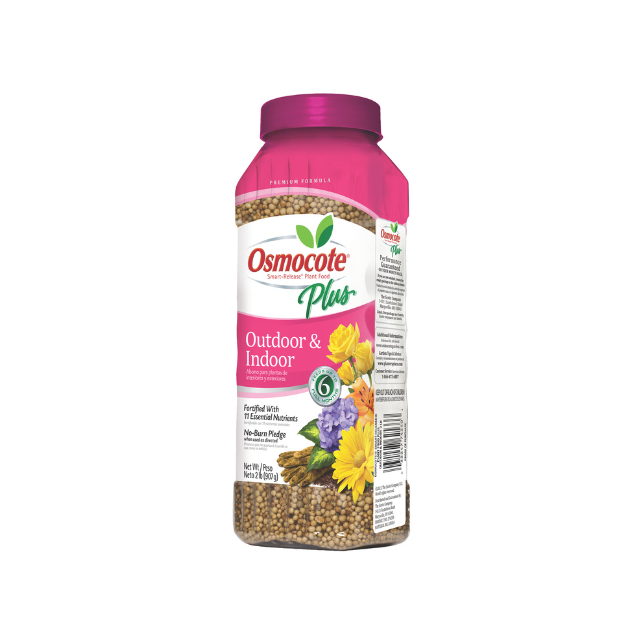In any well-loved garden, the thoughtful tasks often have the most impact. Among them, mulching stands out as a simple yet powerful way to care for both your plants and the soil beneath them. Beyond its practical benefits, mulching reflects the gardener’s instinct to nurture, protect, and encourage healthy growth with every passing season.
What Is Mulch and Why Use It?
Mulch is any material placed over the soil surface to serve a protective role. In the garden, organic mulches - such as compost, well-rotted manure, leaf mould, bark, and pine bark - are most commonly used. These materials gradually break down, enriching the soil and improving its structure over time.
Mulch is not simply a decorative touch; it plays a vital role in the health of your garden, particularly when applied thoughtfully at the right time of year.
Supporting Soil Moisture and Temperature
One of the key reasons to mulch is to retain soil moisture, particularly during the warmer months when water evaporates more quickly. A layer of mulch helps keep the ground cool and reduces the need for frequent watering, allowing plants to thrive with less stress.
In colder months, mulch also acts as an insulator, helping to protect roots from sharp temperature drops and frost. This consistent environment encourages strong root development and improves the resilience of your plants throughout the year.
A Natural Defence Against Weeds and Disease
By covering bare soil, mulch blocks sunlight, making it much harder for weed seeds to germinate and grow. Fewer weeds mean less competition for water and nutrients, giving your plants the best chance to flourish.
Mulching also plays an important role in disease prevention. Common issues such as blackspot, rust, and downy mildew often linger in garden debris and soil over winter, waiting for the right conditions to reappear. When it rains or when watering, spores can splash up onto new foliage, triggering reinfection.
Before applying mulch in early spring, it is essential to clear away old leaves, stems, and any plant material from around your plants. This simple step removes places where pests and disease spores may overwinter. Once the area is cleared, a thick layer of mulch can smother any remaining spores in the soil, preventing them from reaching fresh growth.
In this way, mulching offers both a shield against future infection and a means of breaking the cycle of disease in your garden.
Over time, organic mulch breaks down and feeds the soil, improving its structure and nutrient content. This process encourages beneficial organisms such as worms and soil microbes, which in turn support healthier root systems and more vigorous growth.
Products such as organic soil improver are ideal for this purpose, offering a blend of nourishment and protection. Alternatively, you can use well-rotted manure, garden compost, leaf mould, or pine bark to the same effect. Aim for a layer of around 2 inches (5cm) for best results.
When and How to Mulch
The best time to mulch is in early spring, just after pruning and feeding but before the garden begins its main growing season. At this point, the soil is moist from winter rains, and your plants are preparing to put on new growth.
To apply mulch:
Start by clearing the ground beneath your plants of any weeds, fallen leaves, or debris.
Feed and water the plants well.
Then, using a spade, apply a layer of mulch around the base of each plant, spreading it to the width of the plant’s canopy.
Come autumn, if much of the mulch has broken down, a lighter second layer may be helpful to protect the soil over winter.
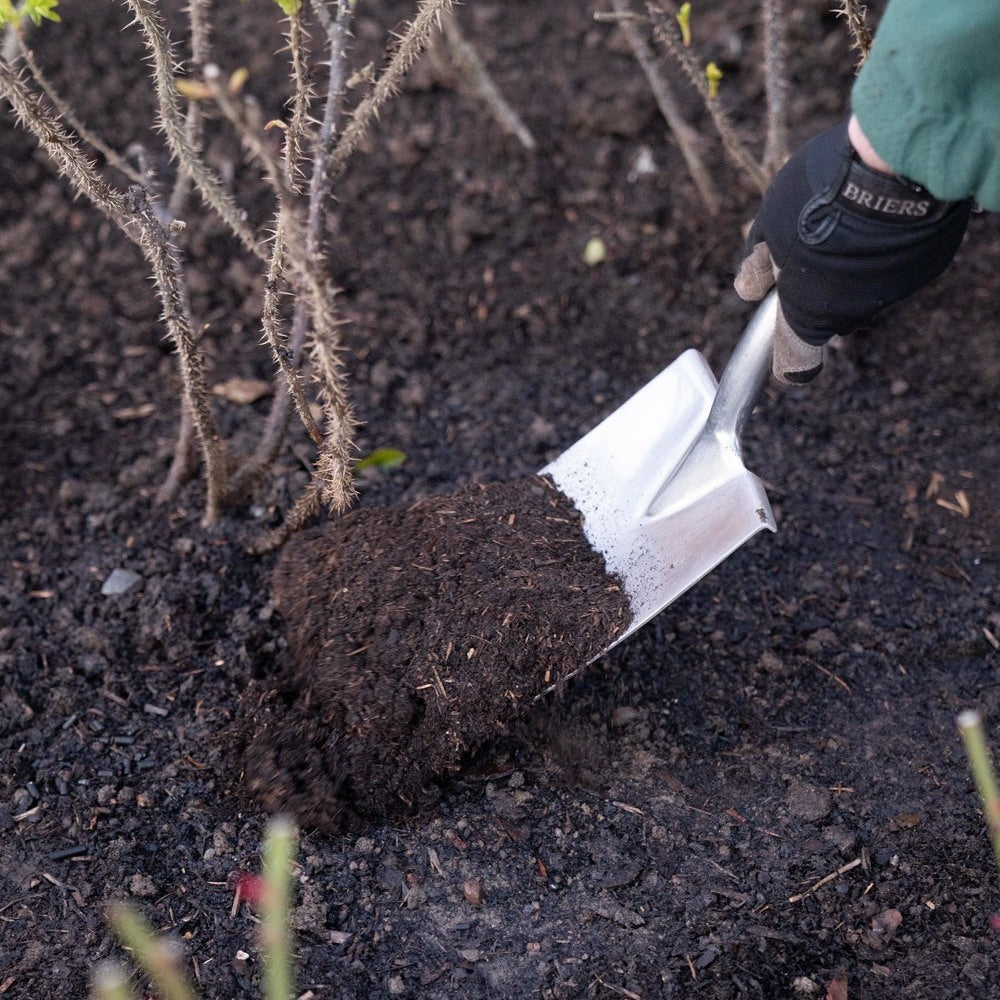
A Simple Act with Lasting Results
Mulching nourishes the soil, guards against disease and pests, keeps plants hydrated, and reduces the time spent battling weeds. In giving this care to the soil, you are laying the foundation for healthier, stronger plants — and a garden that repays you with lasting beauty and vitality.
Whether you choose soil improver, compost from your own heap, well-aged manure, pine bark, or another organic mulch, a thoughtful layer of mulch is one of the most generous gifts you can give your garden - a simple act with benefits that unfold across the seasons.


